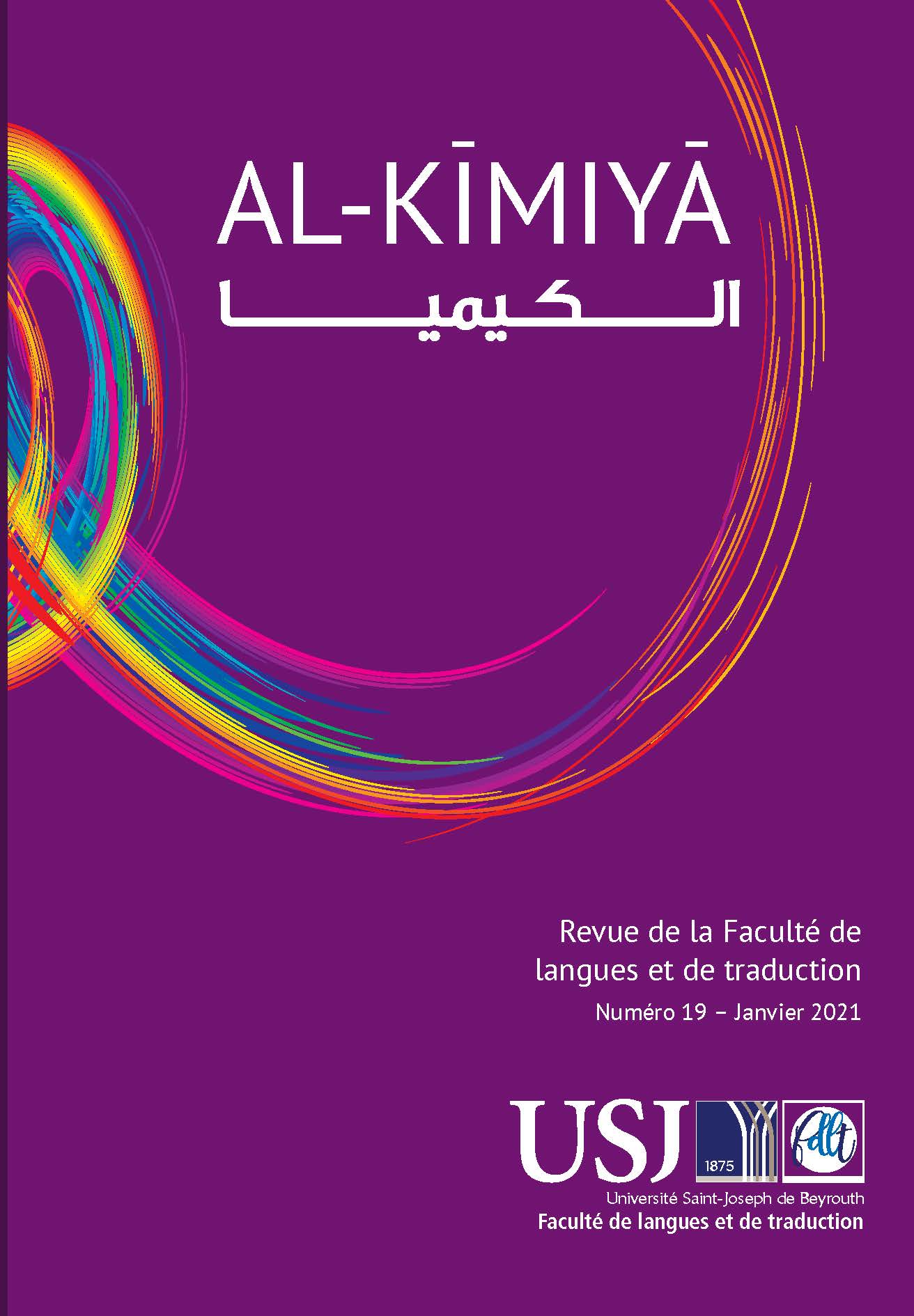Abstract
In this article, Edoardo Sanguineti’s translation of Molière’s Dom Juan serves as a case study for a reflection on the transformative action of translation, based on the interaction of three categories: hermeneutics, temporality and orality. More precisely, the translator’s interpretative horizon – here, specifically, his vision of theatre, translation and the classic – is presented as the source of a transformative handling of orality in translation. Sanguineti’s translative orality is described as disrupted and alienating. Paratext reveals the following influencing factors: a militant function attributed to language, a performative conception of scenic language, a theoretical approach to translation based on transformative agency and the perception of the classic as a work of the past which cannot be universally understood and should therefore be kept at distance.

